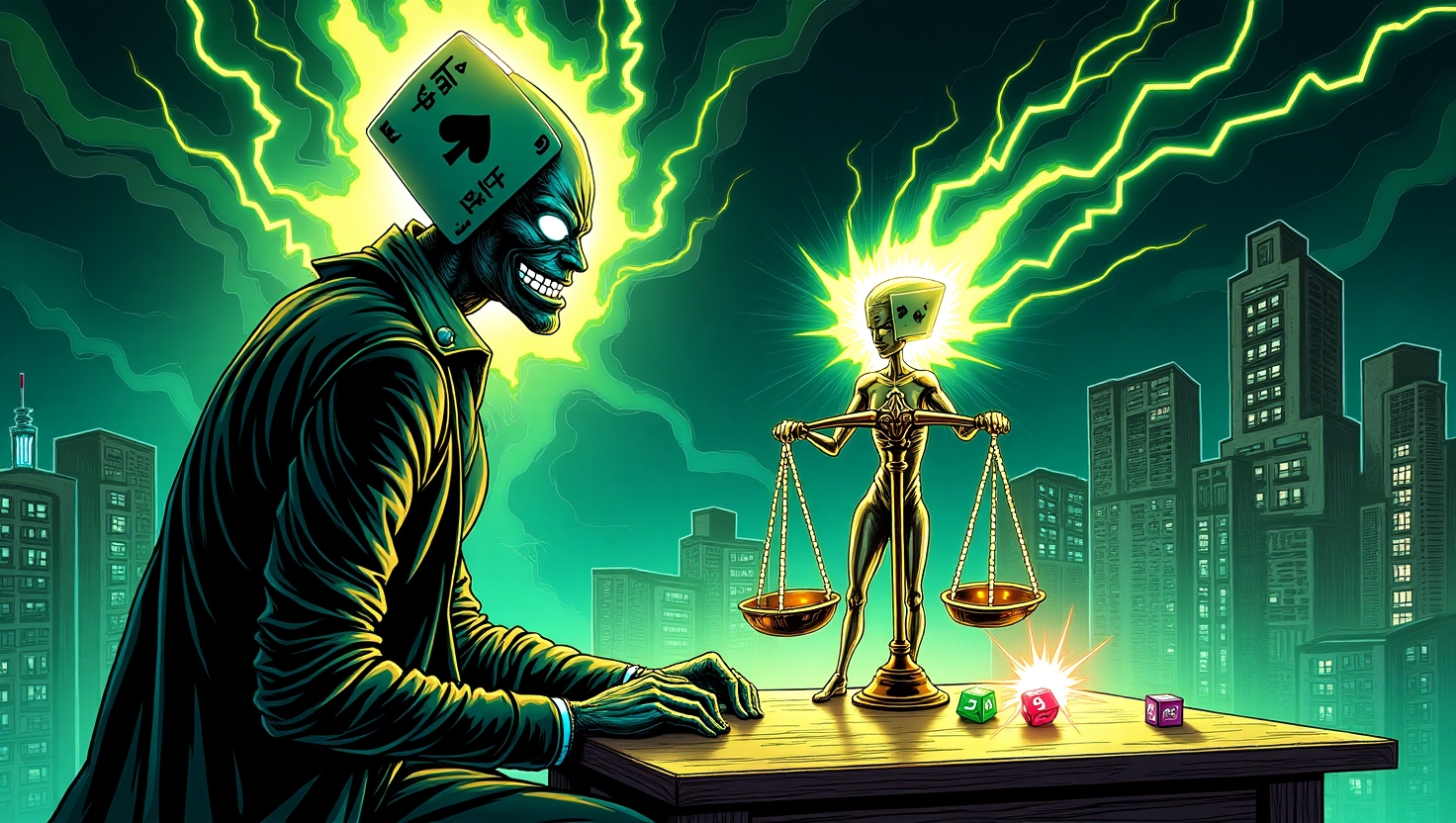Ohio Eyes Legal Online Casinos for $800M Revenue

Key Points at a Glance
Two new bills aimed at legalizing online casinos have been introduced in Ohio. House Bill 298 and Senate Bill 197 seek to permit internet-based gambling, including slots, table games, and poker. Lawmakers plan to work closely together to reach a compromise. The market could generate up to $800 million USD in annual tax revenue for the state. Opposition comes from some land-based casino operators and critics concerned about gambling addiction.
Background: Online Gambling in Ohio
Ohio currently allows online sports betting but not traditional online casino games. The state has eleven licensed gaming venues, including four full-scale casinos and seven racinos—horse racing tracks with video lottery terminals. The new legislative initiatives aim to legalize iGaming, which includes playing online slots, table games, and poker over the internet.
Details on House Bill 298
House Bill 298 was introduced by Republican representatives Brian Stewart and Marilyn John. The bill proposes that existing operators holding a license for a land-based casino or racino may apply for an additional license to operate an online casino. The costs are steep: $50 million USD for the initial license and $10 million for each five-year renewal.
The tax rate on Gross Gaming Revenue (GGR) would be set at 28%. Of the tax revenue, 99% would go to the state’s general fund, while only 1% would be allocated to problem gambling prevention programs. Online sweepstakes platforms, which often operate in legal grey areas, would be banned.
Senate Bill 197: A Broader Approach?
Senate Bill 197 was introduced in parallel. This bill goes further than HB298, proposing that the state lottery also be allowed to offer online instant games. Additionally, online parimutuel horse race betting would be permitted. Both bills are expected to be revised jointly to create a unified regulatory framework.
Economic Expectations
The sponsors of HB298 estimate that a mature iGaming market could bring in between $400 million and $800 million USD in annual tax revenue for the state. They also see potential for new tech-sector jobs. Proponents argue that online casinos can attract new audiences without cannibalizing existing physical gaming venues.
You should read that too:
-
 Asian Slots – The Best Asia-Themed Online Slot Games
Asian Slots – The Best Asia-Themed Online Slot GamesReading time: ~ 3 minutes
-
 Retro Slots – The Best Slot Games With Retro Look at a Glance
Retro Slots – The Best Slot Games With Retro Look at a GlanceReading time: ~ 3 minutes
-
 Gold Slots – Best Slot Machines With a Gold Theme
Gold Slots – Best Slot Machines With a Gold ThemeReading time: ~ 3 minutes
-
 Low Wagering Casino Bonuses 2025
Low Wagering Casino Bonuses 2025Reading time: ~ 3 minutes
-
 Food and Drink Slots: The Best Slot Games Inspired by Culinary Delights
Food and Drink Slots: The Best Slot Games Inspired by Culinary DelightsReading time: ~ 3 minutes
Industry Opposition
Some traditional casino operators oppose the legalization of online casinos. Jack Entertainment, which operates Jack Cleveland Casino and Jack Thistledown Racino, has expressed concerns that online offerings could draw patrons away from physical locations. Churchill Downs, a co-owner of Miami Valley Gaming, is also skeptical of the proposal.
On the other hand, companies like MGM Resorts, Boyd Gaming, and Penn Entertainment support legalization, provided it is properly regulated. These firms already have experience with iGaming in other U.S. states.
Political Criticism
Some lawmakers have voiced concerns about the social consequences. Democratic representative Dani Isaacsohn warns that easy access to online casinos could increase the risk of gambling addiction and related issues such as depression and suicide. He views legalization as a potential public health risk.
Outlook: Planned Collaboration
The two bills represent a significant step toward regulated online gambling in Ohio. The sponsors of both proposals have announced plans to work together on a compromise. The goal is to create a balanced solution that harnesses economic opportunities while addressing social risks.
Our Assessment
Ohio is at a critical juncture in the realm of online gambling. The market offers strong economic potential but also carries risks. The proposed regulatory and taxation measures are ambitious yet realistic. However, high licensing fees may exclude smaller operators. The minimal allocation of tax revenue for addiction prevention is concerning. A broad public debate and a balanced legislative proposal are essential for establishing stable long-term regulations.








